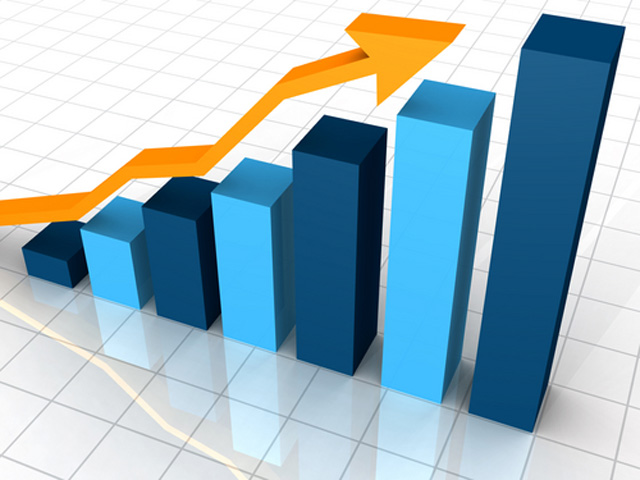The following is a guest post by writers at ForexTraders.com.
Retail Trading Versus Institutional Trading
Just over 10 years ago, the retail forex market did not even exist. Today, however, the retail fx market stands as the largest financial marketplace in the world. The Bank of International Settlements estimates that average daily turnover in the forex market is about $4 trillion per day. Of that $4 trillion, about $250 billion is estimated to be retail forex transactions.
To put this in perspective, consider the statistic that average daily turnover at the New York Stock Exchange is about $75 billion, but that includes institutional and retail transactions. Therefore, the retail volume in the forex market, where traders buy and sell currency pairs like the USD CAD, is over three times more than the entire daily trading volume at the New York Stock Exchange!
What Does Retail Mean?
The easiest way to think about retail versus institutional trading is to compare it to retail shopping. In the retail shopping world, you have wholesalers, retail shops, and retail customers. In trading it is no different. Let’s break down this comparison further.
Company A is a wholesaler that sells electronic gadgets in bulk. Company B is a retail shop that will purchase electronic gadgets in bulk at a discounted price, and then sell those items to the general public after they mark-up the price. Their profit as a business is based on the price differential between how much they have to pay for the product and how much they can sell it for.
In trading, the wholesalers are also known as institutional traders, or liquidity providers. These are generally large investment banks such as Bank of American, UBS, HSBC, Morgan Stanley, etc. These institutions are providing liquidity to very large trading institutions and to brokers. Brokers are like the retail shop. A broker gets a currency bid and ask price from a liquidity provider, and then they mark-up spread between that bid and ask and pass it on to their retail clients.
A retail client is like a customer who walks into Best Buy to purchase a television. A retail forex trader is the absolute end user in the forex market. The broker that the retail trader trades with has received currency price quotes from a wholesaler, or liquidity provider, and then the broker has marked up those prices in order to make a profit when the retail trader executes a trade.
How Did The Retail Market Come To Exist?
Prior to the late 1990’s, there was no retail forex market. The only activity that occurred on a daily basis was “wholesale trading.” Large investment banks, hedge funds, and very wealthy individuals were the only players in the market due to the large minimum contract size of $1,000,000. Most average investors simply could not afford to hold even 1 position in the market. Liquidity providers were not interested in allowing traders to trade smaller positions because that decreased trading volume is not substantial enough for banks and liquidity providers to earn substantial commissions.
However, the advance of technology and the internet in the late 90’s gave birth to the retail forex market. A few companies began to realize that with the internet, they could get dozens of investors to trade the market each day, and even though the individual positions each of these traders would open and close would be far less than $1,000,000, if you added them all up at the end of the day, there would still be millions of dollars in volume being passed through to the liquidity providers.
Liquidity providers liked this idea. They don’t necessarily mind if the volume is coming through in 1 single trade, or several hundred smaller trades. They simply want to see a minimum amount of trading volume each day. This led these new retail shops to aggressively market forex trading to the broader investing public, and today the retail forex market stands as the largest retail trading market in the world. Trading Forex is risky and beginners should seek to educate themselves on these risks as well as any broker transfer fees. Keeping leverage low is key if you want to preserve your trading funds as you familiarize yourself with the currency market.

